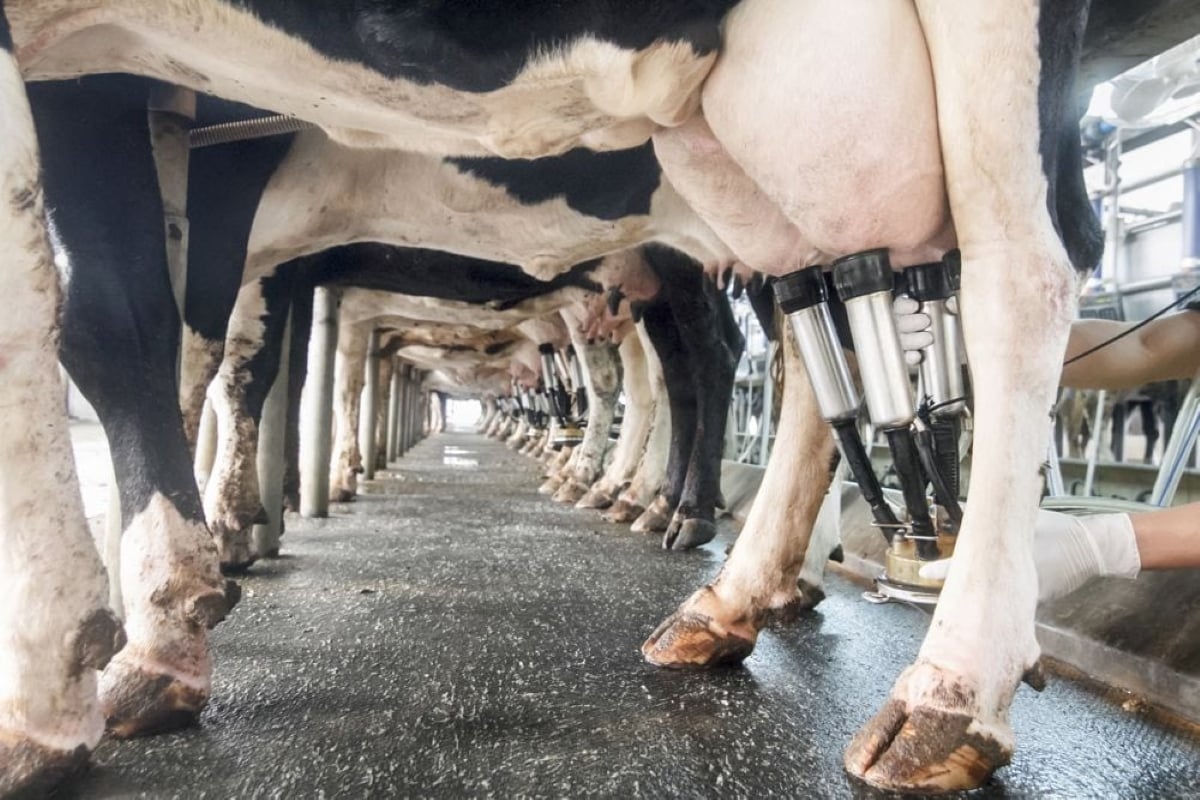In a reversal of decades of policy, the federal government announced Jan. 28 it is transferring responsibility for the co-operative sector from Agriculture Canada to Industry Canada.
The decision is the first concrete action to flow from an autumn report from a special House of Commons committee on co-ops that recommended the move.
The government tabled its response to the committee report Monday afternoon.
The committee chaired by Alberta Conservative Blake Richards recommended Sept. 17 during the United Nations-designated International Year of the Co-operative that the sector is broader than its traditional Agriculture Canada home. It suggested Industry Canada would be a better fit.
Read Also

Farm gate milk price to rise in 2026
The Canadian Dairy Commission will raise its farm gate milk price by 2.3255 per cent in February, the Crown corporation announced on Friday.
The Canadian Co-operative Association praised the decision.
“The decision to move co-ops to Industry is great news because we believe the sector is a business sector, much broader than agriculture,” CCA communications manager Donna Balkan said Jan. 28. “The co-op secretariat was created in Agriculture Canada when it was seen as mainly agriculture but it is much broader than that although there still is a strong agricultural component.”
The secretariat was created in 1987 but the department was responsible for the file before then.
In recent months, co-ops have felt like policy orphans.
The last budget ended funding for the secretariat and also ended some funding support.
At the time, agriculture minister Gerry Ritz argued that as a multi-billion dollar sector, co-ops hardly need a few million dollars from the federal government.
Current industry minister Christian Paradis is a rural Quebec MP with a strong co-operative base in his riding.
“We think Industry Canada will be much more sensitive to the sector’s needs,” said Balkan.













